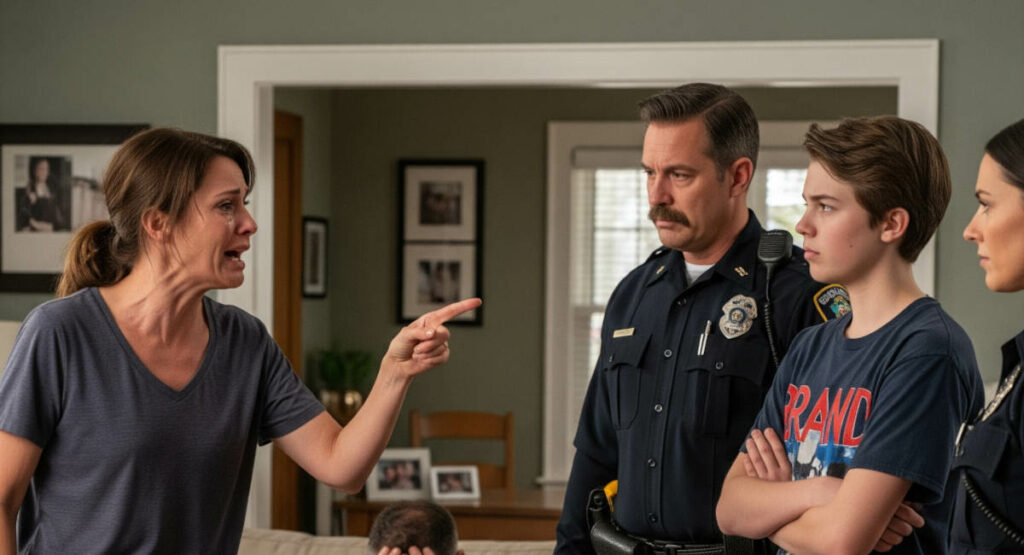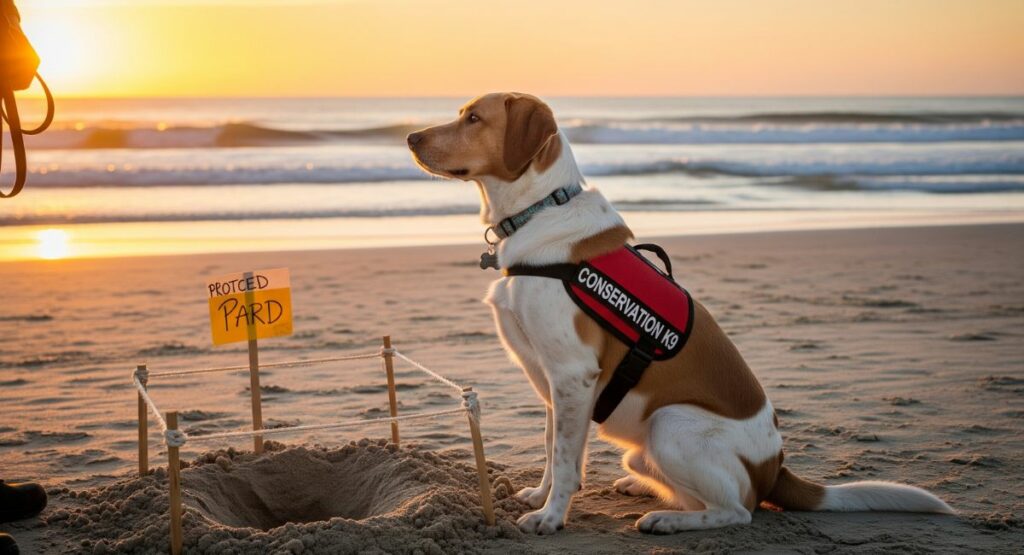In the modern corporate world, there’s a widely-held belief that the path to promotion is paved with after-work drinks and enthusiastic participation in “mandatory fun.” It’s all about getting “face-time” with the higher-ups. But what if the most valuable face-time isn’t over a cheap glass of wine at the annual party, but over a real crisis when everyone else is on the dance floor? One reader shared a story about how his decision to skip the biggest party of the year made him the most valuable person in the company.
At my company, the annual Founder’s Day Gala is the social event of the year. Attendance is considered unofficially mandatory, and it’s where my main rival for a big promotion, Greg, planned to seal the deal with his schmoozing skills. He was the life of the party. I stayed home and re-watched a documentary on ancient Rome. On Monday, I was the one who got the promotion.
The ‘Mandatory Fun’ Event
I’m an analyst. I like my job, I’m good at it, and I prefer to let my work speak for itself. My coworker, Greg, has a different approach. He’s a master of office politics. We were both the top candidates for a Senior Analyst position, and for months, Greg had been running a campaign. He’d laugh the loudest at our manager’s jokes, organize happy hours, and talk a big game in every meeting.
The Founder’s Day party was his Super Bowl. My direct boss even pulled me aside and said, “You know, Mark, all the VPs will be there. It’s a really important night to show you’re a team player.” But I was exhausted from a long week, and the thought of five hours of forced small talk was my personal idea of hell. I politely RSVP’d “no.” Greg, of course, was the first to RSVP “yes.”
A Crisis in the Middle of the Conga Line
As I was settling onto my couch on Friday night, Greg was in his element. He was posting selfies with executives to the company Slack channel, doing tequila shots with the marketing team, and, according to witnesses, leading a particularly enthusiastic conga line. He was getting all the face-time a guy could want.
Then, around 9:30 PM, a real crisis hit. One of our biggest clients, based on the West Coast, had a catastrophic server failure. It was the middle of their workday, and their entire operation was down. Every minute was costing our company a fortune in potential penalties and, more importantly, the client’s trust.
The Vice President, Mr. Sterling, was at the party and got the emergency alert on his phone. He needed his best people on it, immediately. He looked around the room. Most of his top managers were several drinks in. He tried calling Greg, the “go-getter,” who was, at that very moment, in the middle of a karaoke rendition of “Don’t Stop Believin’.” He rejected the call. Desperate, Mr. Sterling looked at the org chart on his phone, saw my name, and remembered my last performance review. He knew I wasn’t at the party. He took a shot and called my cell.
The Real ‘Face-Time’
I answered on the second ring. I was sober, calm, and on my couch. He explained the situation. I didn’t complain about the late call. I didn’t mention it was my night off. I just said, “I’m logging on now. I’ll handle it.”
For the next three hours, I worked. I diagnosed the complex server issue, coordinated with the client’s terrified IT team, and methodically brought their systems back online. At 12:45 AM, the crisis was over. I sent a simple email to Mr. Sterling and the executive team: “Issue is resolved. All client systems are stable. A full post-mortem report will be on your desks by 9 AM.”
On Monday morning, the office was filled with hazy-eyed employees sharing stories from the party. Greg was strutting around, accepting compliments on his karaoke skills. At 10 AM, I got an email from Mr. Sterling’s assistant: “He’d like to see you.”
I walked into his office, and he didn’t even ask me to sit down. He just smiled. “Mark,” he said, “On Friday night, this company was on fire. I looked around a party full of ‘team players,’ and no one could help. You were the one who answered the call. You didn’t just show up; you showed up when it actually mattered. The Senior Analyst position is yours. Congratulations.”
Greg was in shock. He’s been telling people I just got lucky. I believe that when the chips were down, I proved my value, while he was proving he knew the words to a Journey song. My friends agree, but my dad thinks I was antisocial and that I should have gone to the party anyway. AITA for skipping the party and letting my work speak for itself?
This story is a perfect rebuttal to the corporate culture of “mandatory fun.” It makes a powerful case that true value isn’t measured in shots taken or hands shaken at a party, but in competence, reliability, and professionalism when it actually counts. The narrator didn’t just get lucky; his deliberate choice to preserve his energy and stay home made him the one person who could be lucky. He didn’t win the promotion at the party; he won it by not being there.
What do you think, readers? Did the narrator just get lucky, or did his decision to skip the party and be ready for anything prove he was the better candidate all along? Let us know!


















0 COMMENTS